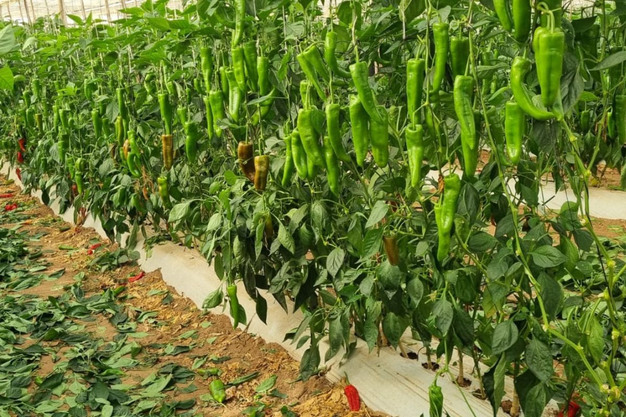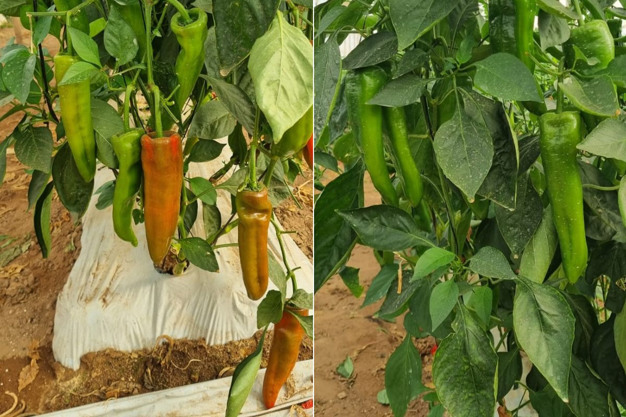Pepper production in Morocco fell this week due to the arrival of cold weather, as well as the continuing spread of TSW and PMMV viruses in the Souss Massa region. According to Obeida Mansour, a pepper grower based in Agadir, the drop reached 30-40% of normal volumes in the case of his farms.

Mansour says, "Temperatures have dropped to 8-9 degrees at night and 20-21 degrees during the day in the region, impacting yields given the greenhouses we're using. We're also seeing a lot of losses among our colleagues who have used virus-sensitive varieties. At Universal Peppers, we are fortunate to have adopted resistant varieties this season for 60% of our acreage, but we are still affected by viruses for the rest of our production."
Lower yields could translate into higher prices, but this impact is deferred. Mansour explains, "The drop in production coincides with a drop in demand due to Christmas celebrations and holidays in Europe. From January onwards, as temperatures drop, there could be an increase in prices."

Mansour adds, "The growers most affected by the drop in demand at the end of the year are those who grow bell peppers, most in demand in the UK. At Universal Peppers, we're going to maintain a minimum of three truckloads per week until January, since we grow the Kapi variety, which is preferred by the Turkish and Arab diaspora in Germany, a huge market, and which is also preferred in Eastern Europe."
This year, Morocco set a new annual export record for bell peppers, according to EastFruit. From January to August, Moroccan suppliers have exported nearly 150,000 tons of bell peppers. This volume represents a 20% increase compared to the same period last year.
For more information:
Obeida Mansour
Universal Peppers
Tel: +212663612461
Email: [email protected]










